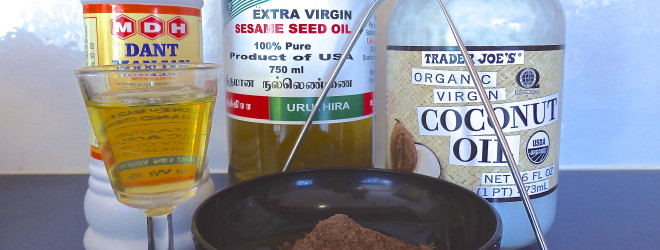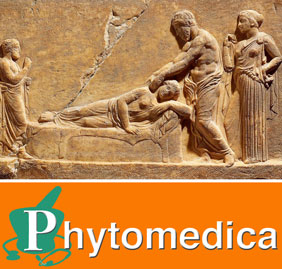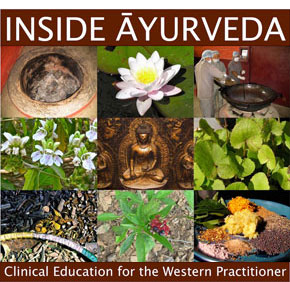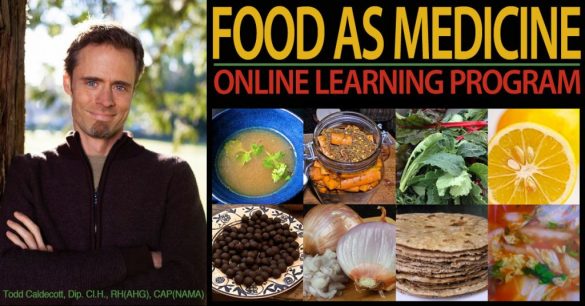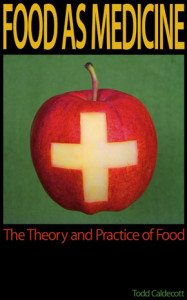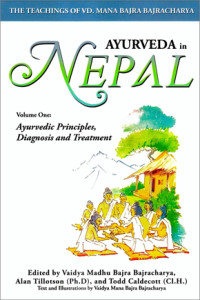One of the newer health trends that has people talking is a practice called "oil-pulling". Of course it's not a "new" practice at all, but comes from the ancient practices of Āyurveda, a 4000 year old medical system that originated in India. Although I have been familiar with the practice for more than two decades, I first started to hear the term "oil-pulling" after the publication of a book written by Bruce Fife called Oil Pulling Therapy: Detoxifying and Healing the Body Through Oral Cleansing. Although I haven't read the book and probably never will, I have heard that it and others were making the claim that oil-pulling could resolve all kinds of health issues including high blood pressure, arthritis, liver disease and cancer. But is this true? Oil-pulling is part of the daily regimen in Āyurveda, called dinacaryā (di-na-char-yaa), performed during the morning ablutions to cleanse and purify the body. To cleanse the mouth specifically, Āyurveda suggests a number of techniques … [Read more...]

Glyphosate causes celiac disease?
A recent paper published in Interdisciplinary Toxicology suggests that Monsanto's glyphosate may be a direct causative factor in the development of celiac disease. In their review, the authors provide evidence that glyphosate provokes celiac disease through a number of mechanisms: 1. Gut bacteria: Celiac patients often exhibit problems with impaired gut ecology, leading to alterations in bowel function that provoke clinical symptoms. In several animal studies, glyphosate has been shown to be directly toxic to probiotic organisms, facilitating the growth of gut pathogens including Clostridium difficile. 2. Inhibition of cytochrome P450 (CYP): Glyphosate has been shown to inhibit CYP enzymes in the liver, which act to detoxify a variety of poisons acquired from our diet and the environment. Inhibition of CYP not only increases susceptibility to toxins, it also impairs the hydroxylation of vitamin D3. A deficiency of vitamin D3 can be found in as much as 60% of the population that … [Read more...]
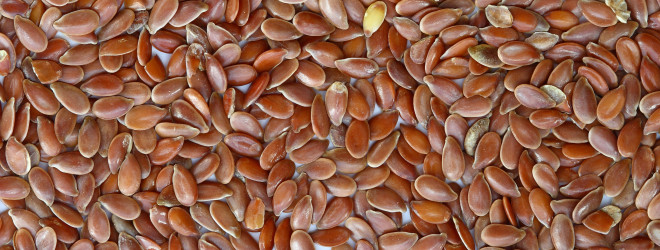
Q&A: Is flax oil good for health?
With all of the hype on flax seeds could you please explain your recommendations on flax seeds and flax oil?! The consumption of flax seed and flax oil was popularized during the early 1990s in response to scientific research suggesting that the chronic inflammation that characterizes Western civilization was caused by an imbalance between the ratio two different types of "essential" fatty acids, popularly known as "omega 6" and "omega 3". The research showed that Westerners consumed too much omega six fatty acids, primarily, from recently introduced industrial fats such as corn oil, safflower oil and soya oil. As these new fats displaced traditional saturated fats such as butter, lard and tallow, the ratio of omega 6 fatty acids relative to omega 3s in the Western diet increased dramatically. The body uses omega six fatty acids to promote inflammation, and omega 3 fatty acids are metabolized to reduce or inhibit inflammation. Inflammation is a very useful and life-saving mechanism, … [Read more...]
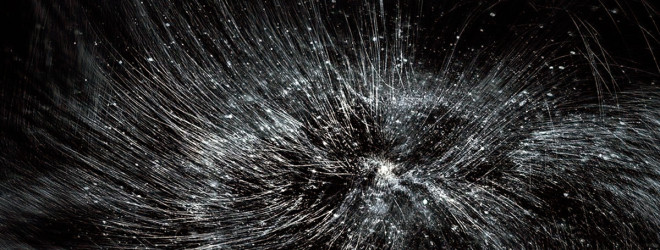
How to treat dandruff?
Dandruff is a hyper-proliferative affliction of the skin of the scalp, meaning that for some reason the skin has a rapid rate of turnover and flakes off in excessive amounts. Although emboldened with it's own scientific name (Pityriasis simplex capillitii, complete with no less than eleven syllables and a double 'ii' thrown in for good measure), the term 'dandruff' is really more of a wastebasket diagnosis, meaning that any number of factors can cause it. But even if they don't fess up directly, those dandruff shampoo manufacturers are betting that it's caused by a fungal infection. Just go take a look at your bottle of anti-dandruff shampoo. Ketoconazole? Selenium sulfide? Zinc pyrithione? All anti-fungals. Hmm. Could it be that everyone's dandruff is caused by a fungal infection? But why on earth would so many people have this problem? Shampoo is derived from the Indian word 'champu', referring to a head massage. Although most of us have a bottle of it in the shower, it was only a … [Read more...]
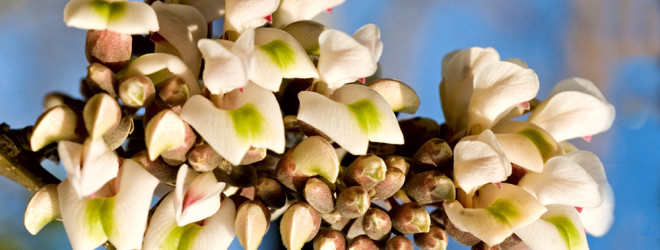
Q&A: Menstrual cramping
I have really bad cramping during my menstrual cycle, what can I take? Also, is this affecting the fact that I'm trying to get pregnant? Excessive cramping during menses (dysmenorrhea) can be related to many factors, and without seeing you it is difficult to say which are at play. However, there are a few basic categories of issues that I see in my patients with dysmenorrhea. Inflammation The first issue relates to an imbalance in eicosanoid production, locally acting hormones such as prostaglandins, thromboxanes and leukotrienes that mediate the pain and inflammation of dysmenorrhea. Cleaved from the fatty acids in the membranes of our cells, this imbalance in eicosanoid production is mostlycaused by consuming too many omega 6 fatty acids relative to omega 3s. In an attempt to maintain the yin-yang balance of homeostasis, the body utilizes omega 6 fatty acids to create pro-inflammatory eicosanoids, whereas omega 3 fatty acids are metabolized to produce anti-inflammatory … [Read more...]
